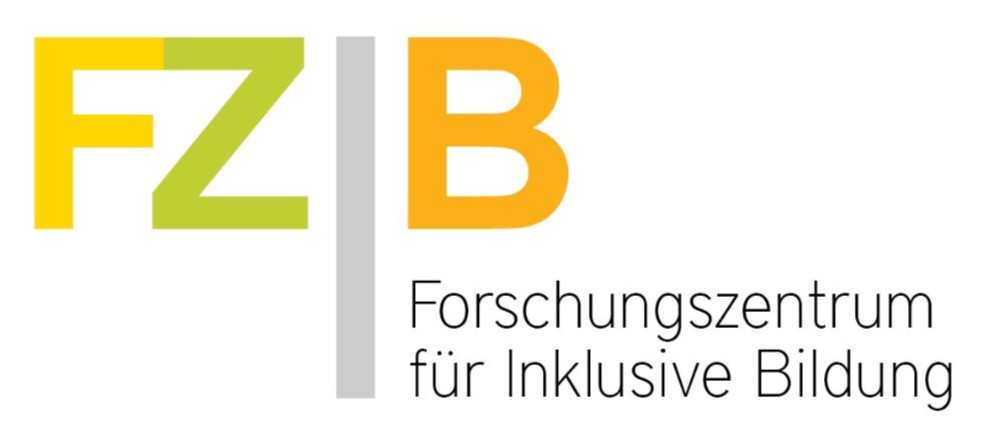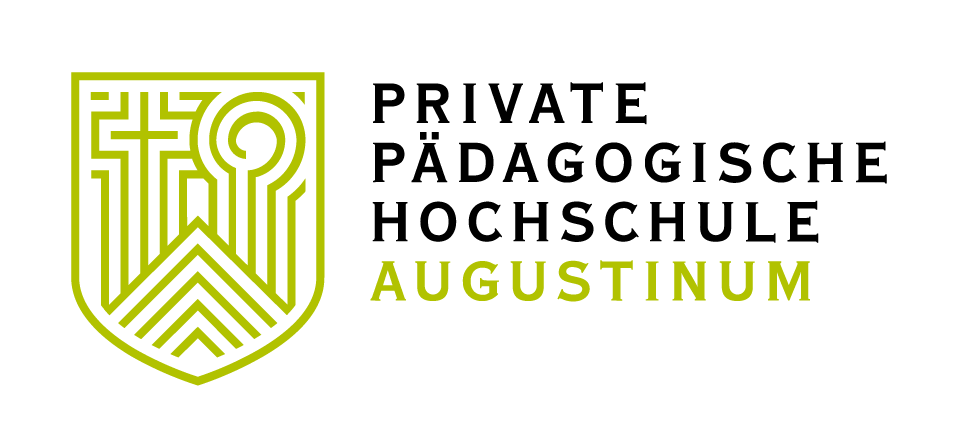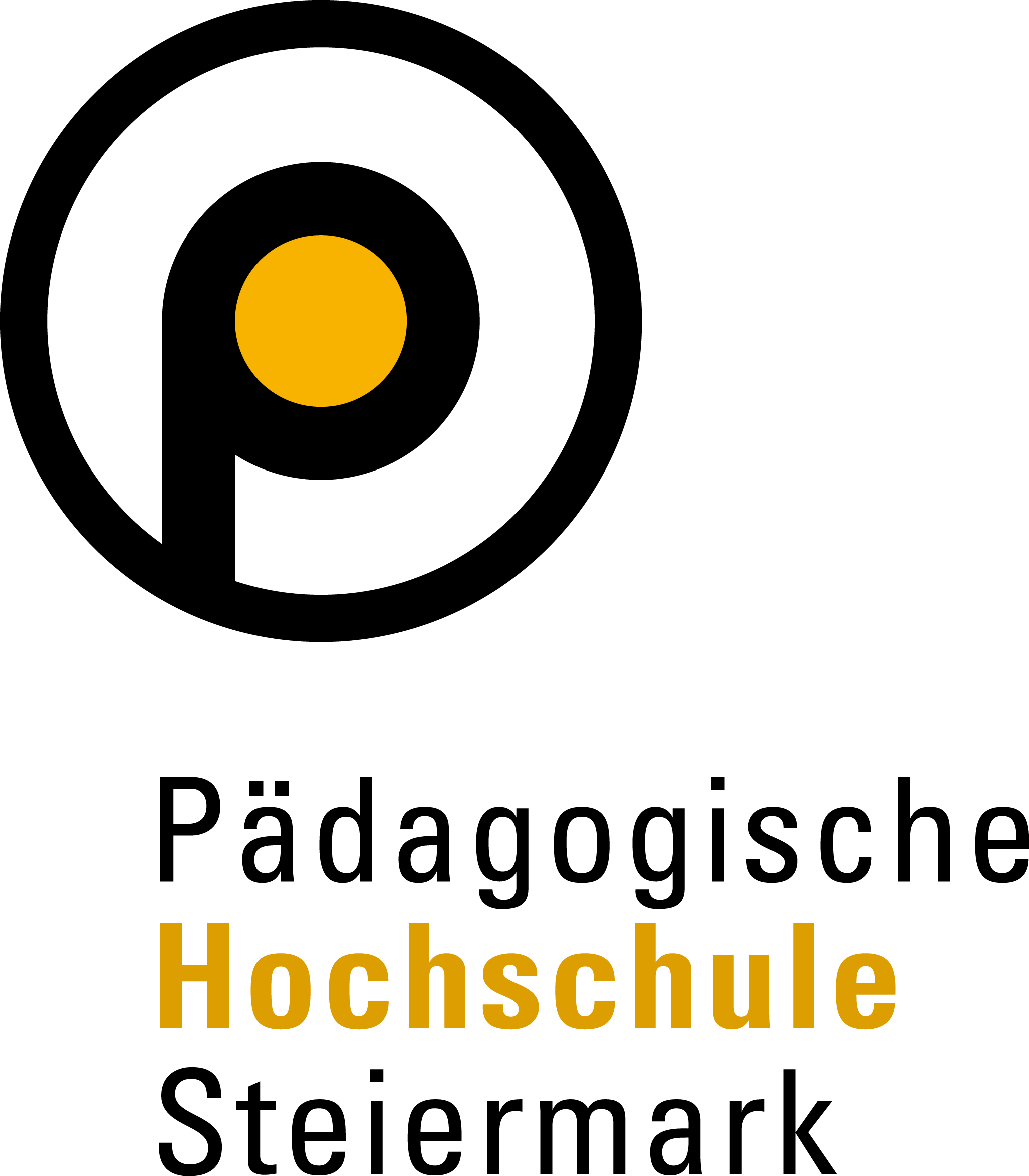Toolbox and materials
As part of the Erasmus+ project "DigIn - Digitalization and Inclusive Education: Leaving no one behind in the digital era", an online course on "Digitalization and Inclusive Education" was developed (DigIn-MOOC). The MOOC is technically supervised by the DigIn team and the iMoox team at TU Graz. The MOOC started on 01.09.2022 and will be paused on January 8, 2023 for possible revisions. In march 2023 the new version of the DigIn MOOC has been opened and is still available: DigIn MOOC.
Together with teachers a "DigIn Toolkit" has been developed with practical examples for digital (inclusive) teaching in elementary school: Under a Creative Commons license CC BY SA 4.0, you will find materials for science lessons (World Animal Day), for German lessons (reading texts on means of transport and the "Words-Specialists" app) and for math lessons (practising multiplications, circumference and area calculations).
This online course was coordinated by experts from the fields of "digitalization" and "inclusion". Digitalization and inclusion present both opportunities and challenges for various education systems and therefore also for the development of teachers, teaching and schools. With this MOOC, we want to initiate change processes in everyday school life.
Here you can find details about the MOOC DigIn including instructions on how to register for it.
- RegiNaDiff aims to impart knowledge about a sustainable way of life in 4th and 5th grade. A modular system (editor) is being developed with which teachers can enrich and digitize their own differentiated texts on regional sustainability-related topics with vocabulary work, tasks and reading strategies. The materials already developed are available in the link.
- Berger, J., Ender, D., & Paleczek, L. (2022). Manual for the creation of differentiated factual texts in RegioDiff and RegiNaDiff. University of Graz.
- Ender, D., Berger, J., & Paleczek, L. Manual for the digitization of differentiated factual texts in the RegiNaDiff project.
RegioDiff 4-fold differentiated factual teaching texts for 4th grade (new ones are being added continiuously)
On the free internet platform funded by Erasmus+, pupils from the age of eight can write, revise and publish free texts in a password-protected area and improve their spelling individually based on the mistakes they make. In addition, numerous materials such as writing prompts, spelling courses and exercises and lesson preparations are freely accessible on the website.
With the knowledge boxes in the IMAS II online course you will find tools on how to best support children with disabilities from primary or secondary school in their learning and development. The knowledge boxes are available in 5 languages.
Useful
Using the ICF as a common language in school-based support for children with developmental difficulties. The materials and resources developed in the project are available free of charge in various languages on the project website.


